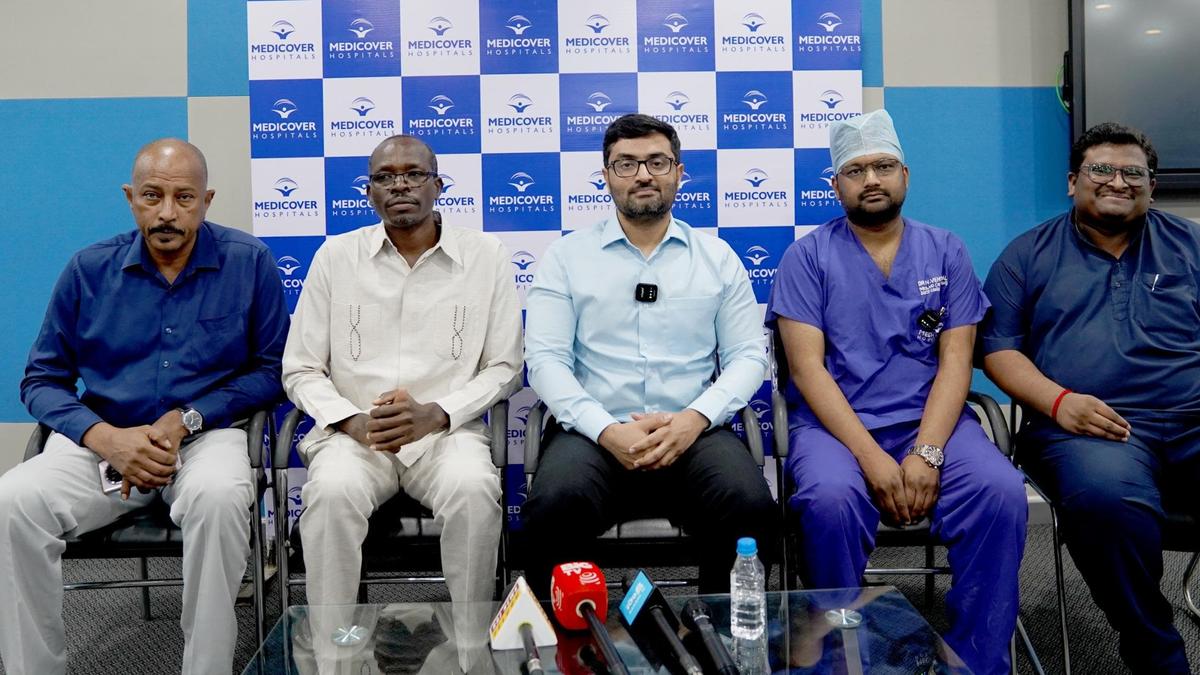Kerala Tourism, which is struggling to return to the growth track in the post-pandemic era, will be impacted by the travel advisory issued by the U.S. asking its citizens to exercise increased caution while travelling to India. Tourism in the State heavily relies on the U.S. and the U.K. markets to meet its annual foreign footfall.
The travel advisory issued on June 18 stated that rape is one of the fastest-growing crimes in India. Violent crime, including sexual assault, happen at tourist sites and other locations, it says. Terrorists may attack with little or no warning. They target tourist locations, transportation hubs, markets, shopping malls, and government facilities. Stating that the U.S. government has limited ability to provide emergency services to its citizens in the rural areas in India, it has asked its citizens to avoid the stretch comprising eastern Maharashtra, northern Telangana, and western West Bengal, where Naxalite groups are active, Jammu and Kashmir, and the northeastern States. The advisory does not mention Kerala specifically.
Need for permission
As per the advisory, U.S. government employees working in India are also required to obtain permission prior to travelling to most areas in the States such as Bihar, Jharkhand, Chhattisgarh, West Bengal, Meghalaya, and Odisha. According to tourism industry stakeholders, the U.S. travel advisory is taken seriously by the tourists globally. An average foreign tourist will not try to check whether Kerala is excluded from the list. They simply drop the country from their itinerary in such a situation, said E.M. Najeeb, senior vice-president, Indian Association of Tour Operators. .
According to Kerala Tourism figures, the U.K. is the biggest market for Kerala Tourism with British tourists accounting for 14.55% of the total foreign tourists who visited Kerala in 2024, followed by the US with 13.33%. Of the around 7.38 lakh foreign tourist visits in Kerala in the previous year, 2.05 lakh were from these two countries. Moreover, the travel advisory issued by the U.S. will influence tourists from European countries, James Kodianthara, chairperson of the Kerala chapter of the Indian Association of Tour Operators (IATO).
West Asia crisis
The foreign tourist season in Kerala begins by November and lasts till March, and the booking for the season normally begins shortly after the closure of an ongoing season and gains pace in June, July, and August. Already, the deepening economic and geopolitical challenges in West Asia are set to pose a serious challenge to the tourism markets here, as the majority of the tourists from Europe and the U.S. have to travel through the transit hubs in the strife-torn West Asia to reach here. The Union government should urgently reach out to the U.S. administration or take measures to counter the adverse effect of the advisory, said Mr. Kodianthara.



.png)
.png)
.png)
















 4 hours ago
5
4 hours ago
5









 English (US) ·
English (US) ·